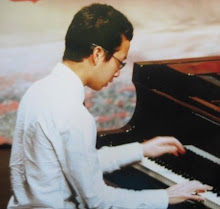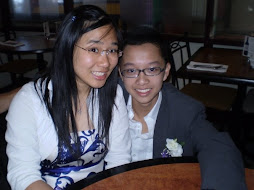11:00 everyone meets and prepares as we declare Jesus' birth to these Children
This year Audrey became the conductor of our caroling team, me on d keyboard n Rui te on the sax

-The Three Souls Trio-
We had quite a big team!

Don't laugh, you just can't see the others :)

Then we had the games led by aunty Lucy. Think we played musical bums or musical chairs or maybe musical statue?!

Well whatever it was it was musical!
And everyone got a present...
That's our lay pastor Brother Simon Soh
18 - 12 - 09 Partaaay at StarBucks!

A short prayer in the middle of town..
Everyone dressed it red and prepared to sing. All day I was waiting for the free coffee, haha!!
Quite a lot of people cramped in the Starbucks to listen our singin :)


Lo and behold I got my free coffee.
Well just a small cup but better than nothing!!

Well as you can see, aunty lucy is gettin' her boogie on!
You should have won!!
Then there was a treasure hunt, so everyone ran up and down the streets of Tanah Rata lookin for "treasure"






























